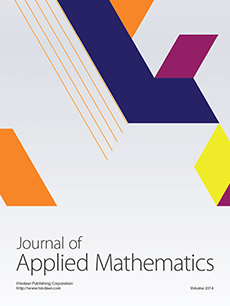Abstract
Most existing research on the job shop scheduling problem has been focused on the minimization of makespan (i.e., the completion time of the last job). However, in the fiercely competitive market nowadays, delivery punctuality is more important for maintaining a high service reputation. So in this paper, we aim at solving job shop scheduling problems with the total weighted tardiness objective. Several dispatching rules are adopted in the Giffler-Thompson algorithm for constructing active schedules. It is noticeable that the rule selections for scheduling consecutive operations are not mutually independent but actually interrelated. Under such circumstances, a probabilistic model-building genetic algorithm (PMBGA) is proposed to optimize the sequence of selected rules. First, we use Bayesian networks to model the distribution characteristics of high-quality solutions in the population. Then, the new generation of individuals is produced by sampling the established Bayesian network. Finally, some elitist individuals are further improved by a special local search module based on parameter perturbation. The superiority of the proposed approach is verified by extensive computational experiments and comparisons.
Citation
Rui Zhang. Cheng Wu. "A PMBGA to Optimize the Selection of Rules for Job Shop Scheduling Based on the Giffler-Thompson Algorithm." J. Appl. Math. 2012 1 - 17, 2012. https://doi.org/10.1155/2012/623230
Information





